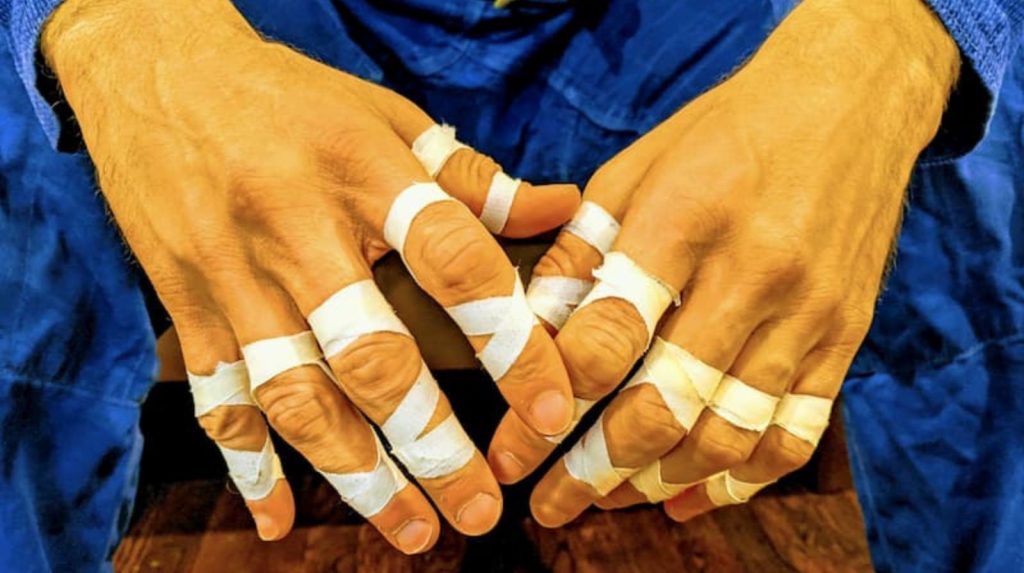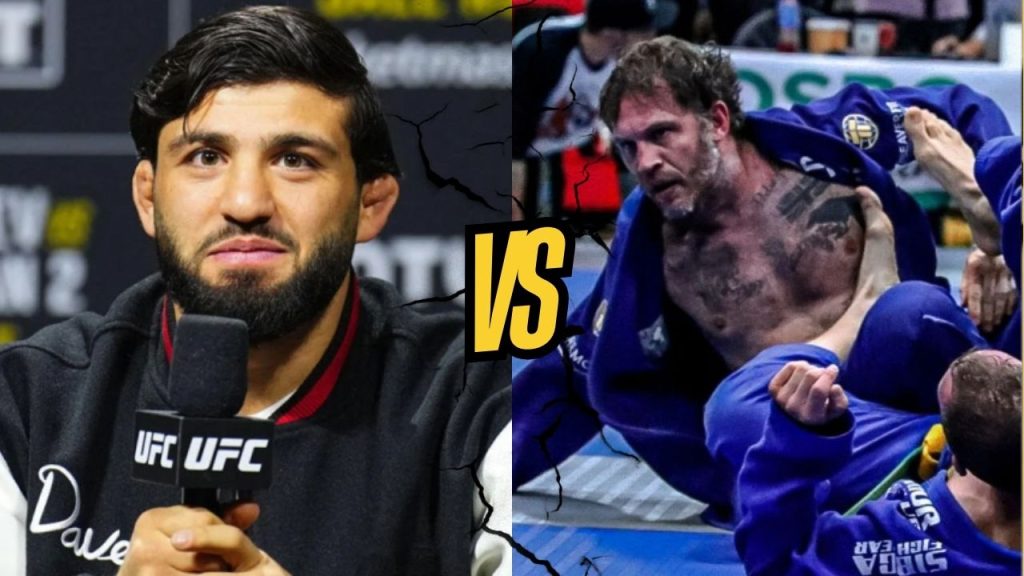Notable grappling arts include Brazilian Jiu-Jitsu, Judo, and wrestling. Each has its own ideas, techniques, and ways of training.
Brazilian Jiu-Jitsu
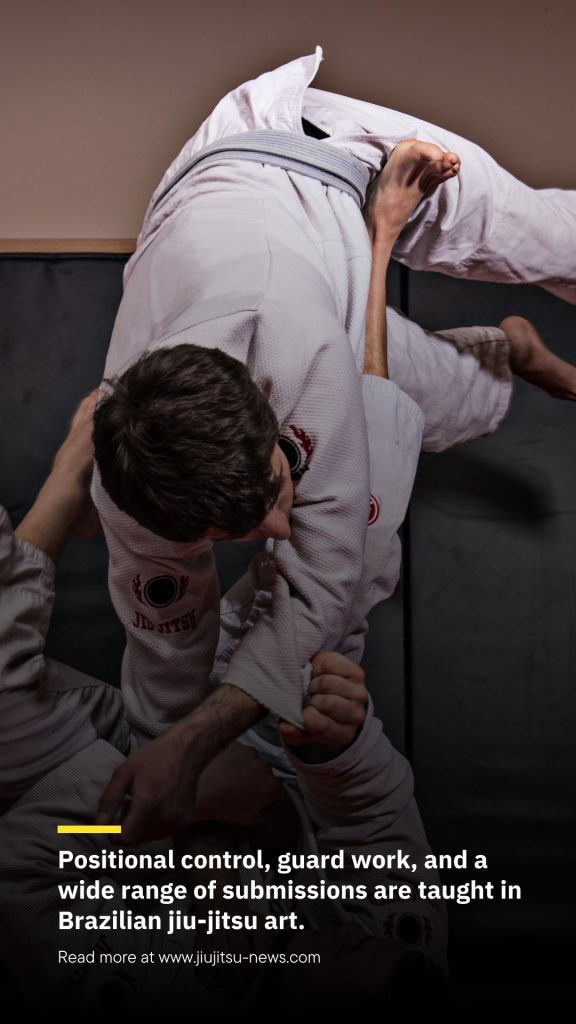
Brazilian Jiu-Jitsu (BJJ) focuses on ground fighting and submissions, using technique and leverage to help smaller people beat bigger opponents.
Positional control, guard work, and a wide range of submissions are taught in this art. This is why self-defense and mixed martial arts (MMA) practitioners love it.
Because BJJ techniques can be used in a lot of different situations, they are an important part of modern combat sports and are popular with both professionals and amateurs.
Judo
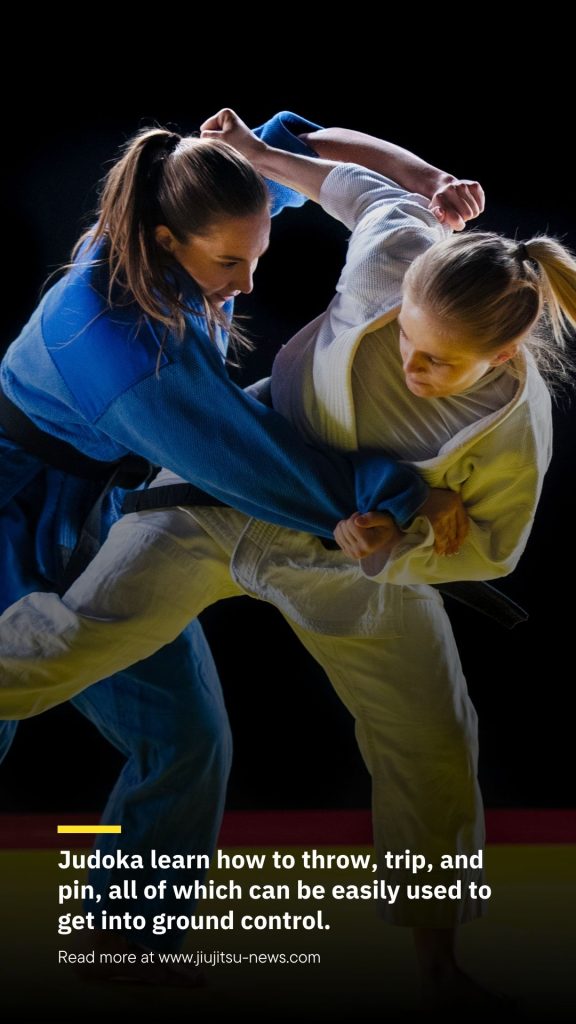
Judo, on the other hand, comes from throwing and wrestling while standing up. Its main goal is to use an opponent’s speed and balance against them, which can be very useful in self-defense situations.
Judoka learn how to throw, trip, and pin, all of which can be easily used to get into ground control.
While ne-waza, the techniques done on the ground, are an important part of judo, it is the techniques done while standing that make the sport what it is.
Judo’s focus on timing and distance control can help a grappler be more effective overall, especially in mixed martial arts (MMA) where striking and grappling are used together.
Wrestling
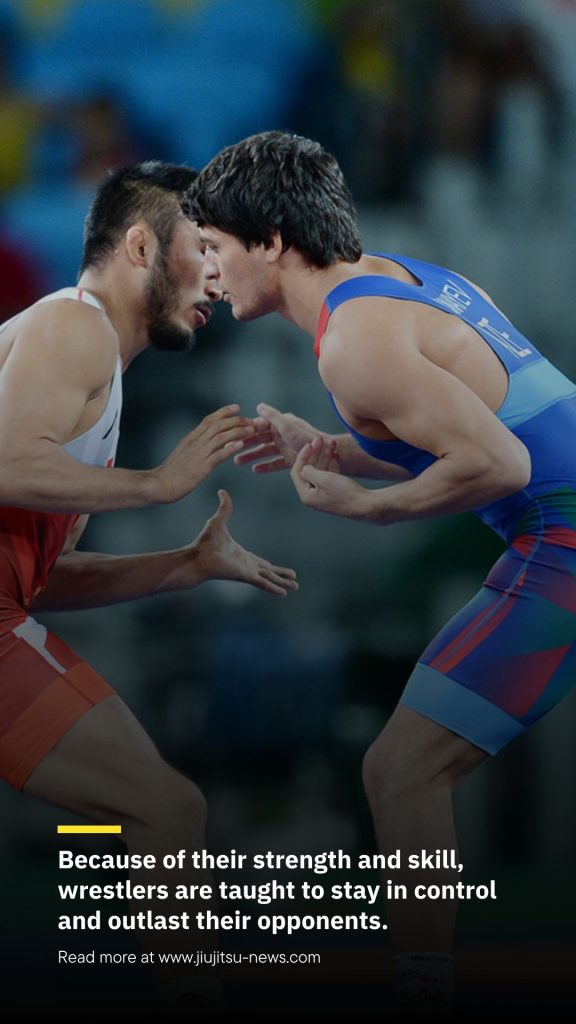
Wrestling, particularly in its various styles such as freestyle and Greco-Roman, emphasizes takedowns, control, and conditioning.
Because of their strength and skill, wrestlers are taught to stay in control and outlast their opponents.
The focus on explosive movements and endurance in wrestling can complement the more technical aspects of BJJ and Judo.
Wrestlers are often great at the transitional stages of grappling. They use their superior takedown skills to control the pace and positioning of matches, which is important for both competition and self-defense.
Brazilian Jiu-Jitsu vs Judo vs Wrestling
It is clear that each of these three martial arts has its own benefits that can help a grappler improve their overall skills.
People who practice Brazilian Jiu-Jitsu learn a lot about submissions and ground control, which helps them win long-lasting fights.
Wrestling teaches strong takedown defense and positional dominance, while judo teaches important throwing techniques and a focus on leverage.
When athletes train in more than one of these sports at the same time, they can improve their overall performance by combining the best parts of each.
Conclusion
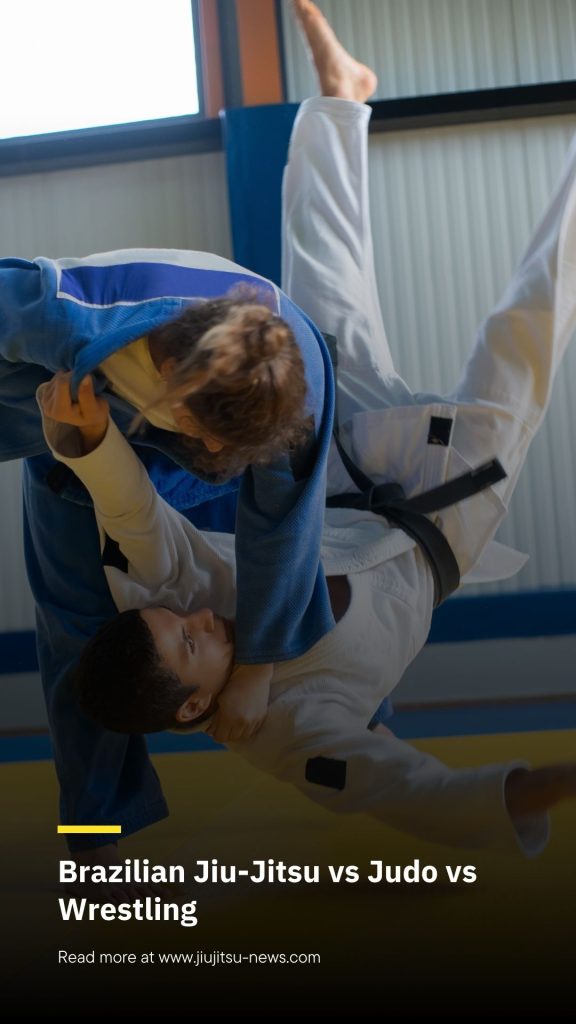
A person may choose between Brazilian Jiu-Jitsu, Judo, and wrestling based on their goals, such as competition, self-defense, or just getting fit.
There are different ways to become a master in each art, and knowing these differences can help practitioners choose how to train.
Grapplers can better combine techniques and strategies to win their matches if they know how each style is different and what its strengths are.



